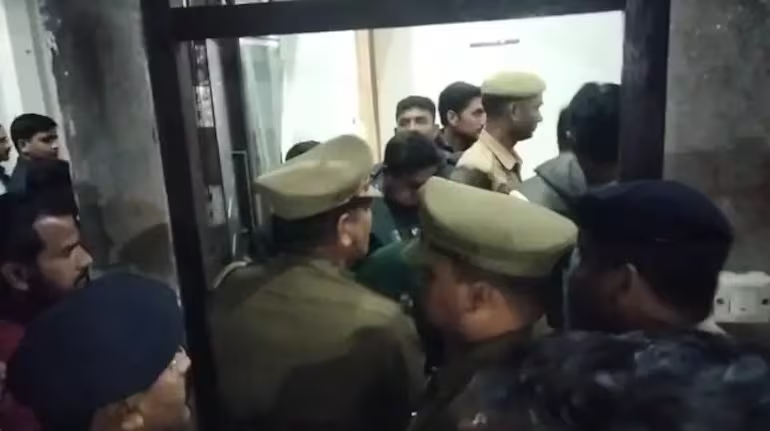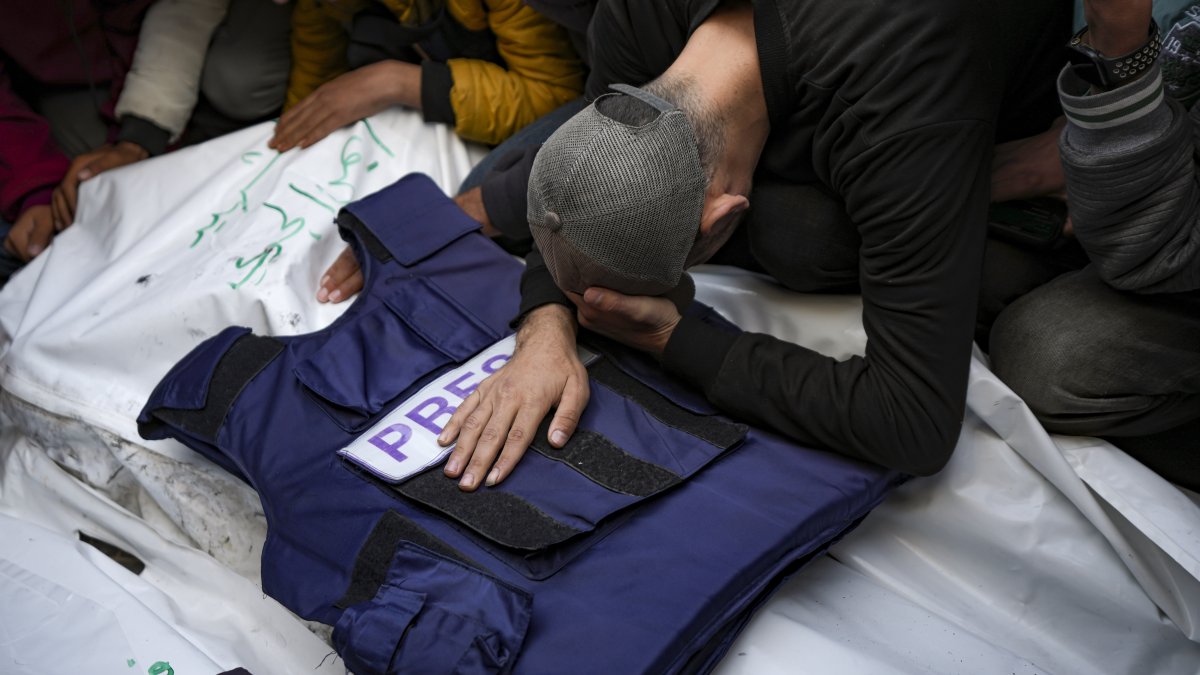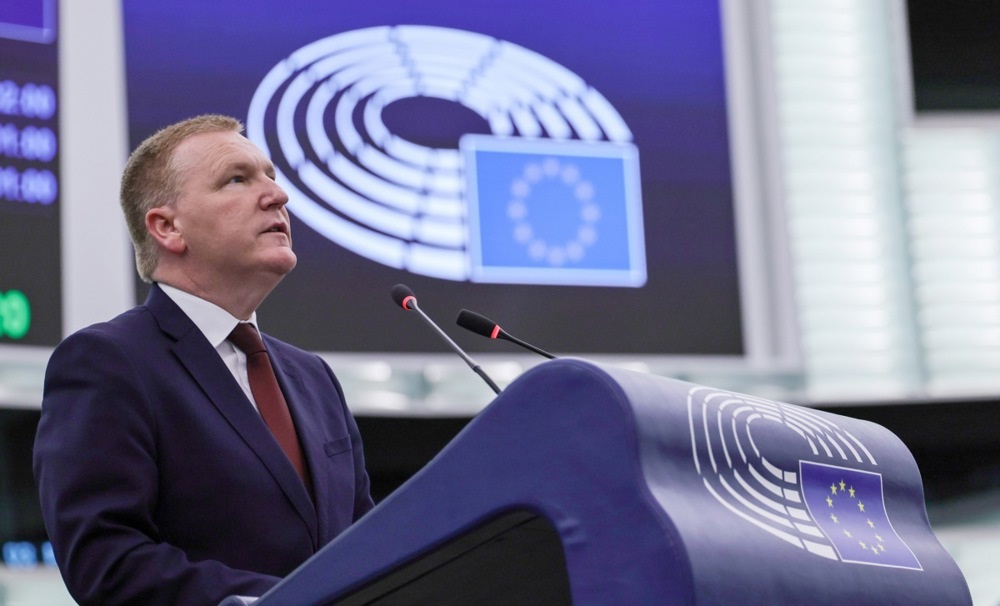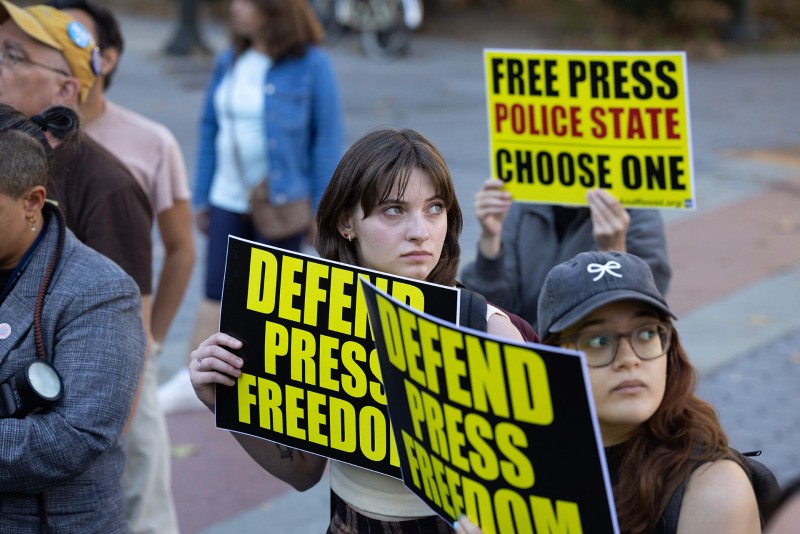
Journalist Raghvendra Bajpai Shot Dead in Uttar Pradesh
March 9, 2025
Israeli Forces Kill 24 Palestinian Female Journalists During Gaza War
March 9, 2025March 09, 2025 – General –
The BBC’s decision to remove the documentary Gaza: How to Survive a Warzone from its iPlayer service has ignited a significant debate over journalistic integrity and editorial responsibility. The film, which depicted the lives of children in Gaza, was narrated by 13-year-old Abdullah Al-Yazouri, whose father, Ayman Alyazouri, serves as Hamas’s deputy minister of agriculture. The BBC stated that it was not informed of this familial connection before the film’s release.
In response to the backlash, BBC Director General Tim Davie admitted to losing trust in the documentary, stating that the broadcaster had “serious flaws” in its editorial process. BBC Chair Samir Shah described the situation as a “dagger to the heart” of the corporation’s impartiality, acknowledging that the oversight was a significant failure.
The controversy has drawn criticism from various quarters. Former BBC journalist Karishma Patel accused the broadcaster of a “shocking abdication of responsibility,” highlighting concerns over child safeguarding and the potential risks faced by Abdullah following the film’s removal. Additionally, over 1,000 media professionals, including prominent figures like Gary Lineker and Susan Sarandon, signed an open letter condemning the BBC’s actions as censorship and racism, arguing that the film provided a rare perspective on the experiences of Palestinian children .
The incident has raised broader questions about the BBC’s editorial standards and its approach to covering sensitive geopolitical issues. Critics argue that the removal of the documentary may reflect internal pressures and a weakened editorial confidence, potentially stifling public service journalism. The BBC’s handling of this situation underscores the challenges media organizations face in maintaining impartiality and editorial independence, particularly when reporting on complex and contentious conflicts
Reference –




